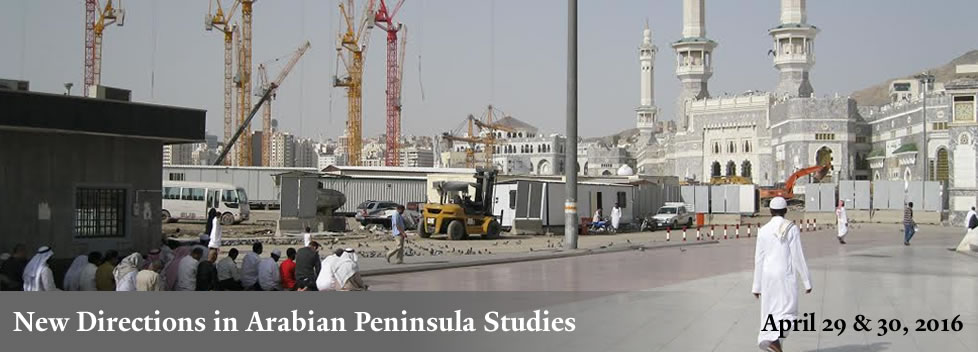Participant Bios
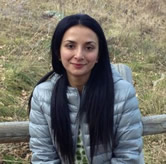 |
Attiya Ahmad is an Assistant Professor of Anthropology and International Affairs at The George Washington University. Broadly conceived, her research focuses on the gendered interrelation of political economic processes and Islamic reform movements spanning the greater Arabian Peninsula/Persian Gulf region and South Asia. Dr. Ahmad is currently developing a project on halal tourism networks spanning the Arab Gulf States, Turkey and Europe. Her book “Everyday Conversions: Da’wa, Domestic Work, and South Asian Migrant Women in Kuwait” is forthcoming with Duke University Press. She obtained her PhD in Cultural Anthropology at Duke University, and was a postdoctoral fellow at the Center for International and Regional Studies at Georgetown University. In 2014-15 she was a fellow at the Stanford Humanities Center, and during the fall of 2015, a Global Humanities visiting Scholar at Boğaziçi University. |
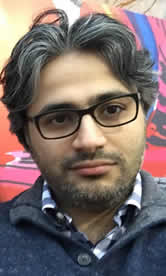 |
Sultan Alamer is a Political Science doctoral student at George Washington University majoring in comparative politics and minoring in political theory. His regional focus is on the Middle East region, and his research interests include identity-based politics, the political economy of resource-rich countries, and political violence. Alamer has coauthored three Arabic books on subjects that relate to political theory and nationalism. He wrote a weekly op-ed for Al-Hayat newspaper. He also serves as a researcher for the Kuwaiti think-tank Gulf Center for Development Policies. |
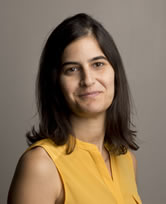 |
Rosie Bsheer is an assistant professor of history at Yale University. Her teaching and research interests center on Arab intellectual and social movements, petro-capitalism and state formation, and the production of historical knowledge and commemorative spaces. She is currently working on a book manuscript, provisionally entitled, Archive Wars: Spectacle, Speculation, and the Politics of History in Saudi Arabia. Bsheer is also a co-editor of Jadaliyya E-zine, The Dawn of the Arab Uprisings: End of an Old Order? (Pluto Press, 2012), and Theorizing the Arabian Peninsula (Tadween, 2013). |
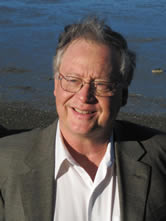 |
Steven C. Caton is the Khaled bin Abdullah bin Abdulrahman Al Saud Professor of Contemporary Arab Studies in the Department of Anthropology at Harvard University. His field research has focused on the Arabian Peninsula, especially Yemen and the Gulf. He has specialized in anthropological linguistics (his award-winning book, Peaks of Yemen I Summon (1990), on the oral poetry of northern Yemeni tribes), film and media studies (his book, Lawrence of Arabia (1999), an analysis of the transnational production of a film and its audience reception) and, lately, the anthropology of water sustainability (which has resulted in a number of articles and a book in preparation). His Yemen Chronicle (2005), written for non-specialists, is a memoir of his first fieldwork (1979-1981) and an ethnography of a conflict and its mediation that occurred while he was in the field, as told through eye-witness accounts and the poetry composed about it, and in which he shows how tribalism is neither lawless nor disappearing in the countries of the Middle East. |
 |
Toby C. Jones is associate professor of history at Rutgers University, New Brunswick. He teaches courses on global environmental history, energy, and the modern Middle East. He is the author of Desert Kingdom: How Oil and Water Forged Modern Saudi Arabia (Harvard University Press, 2010), Running Dry: Essays on Energy, Water and Environmental Crisis (Rutgers University Press, 2015), and is currently working on America’s Oil Wars (under contract at Harvard University Press). He has written for the International Journal of Middle East Studies, Journal of American History, Middle East Report, Raritan Quarterly Review, The Nation, The Atlantic, the London Review of Books, the New York Times, and elsewhere. In 2015 Jones was recognized as a Rutgers Chancellor’s Scholar for distinguished scholarship. |
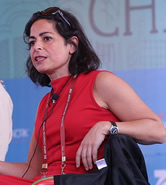 |
Laleh Khalili is professor of Middle East politics at SOAS, University of London, and the author of Heroes and Martyrs of Palestine (Cambridge 2007) and Time in the Shadows (Stanford 2013). She is currently working on an ESRC-funded project on the making of ports and maritime transport infrastructures in the Arabian Peninsula. |
 |
Pascal Menoret is the author of Joyriding in Riyadh: Oil, Urbanism, and Road Revolt (Cambridge University Press 2014), of L’Arabie, des routes de l’encens à l’ère du pétrole (Gallimard 2010) and of The Saudi Enigma: A History (Zed Books 2005). He currently teaches anthropology at Brandeis University. |
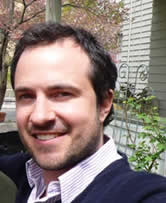 |
Todd Reisz is an architect and has been the Rose Visiting Assistant Professor in Urbanism at Yale School of Architecture since 2013. He is the editor of Al Manakh 2: Gulf Continued (2010). |
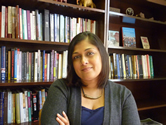 |
Neha Vora is Assistant Professor of Anthropology at Lafayette College. She received her PhD from University of California Irvine in 2008. Her research focuses on migration and citizenship in the Arabian Peninsula. Her first book, Impossible Citizens: Dubai’s Indian Diaspora, was published in 2013 by Duke University Press. She is currently working on her second book manuscript, which investigates the impacts of knowledge economy transformation and American branch campus expansion in Qatar, particularly on national women and foreign residents, who are the primary beneficiaries of these new higher educational offerings. |
 |
John M. Willis is Associate Professor of History at the University of Colorado, Boulder. He is the author of Unmaking North and South: Cartographies of the Yemeni Past (Columbia University Press 2012) and is currently writing a monograph tentatively titled Iqbal in Arabic: Translation and the Arab Discovery of Pakistan. |
